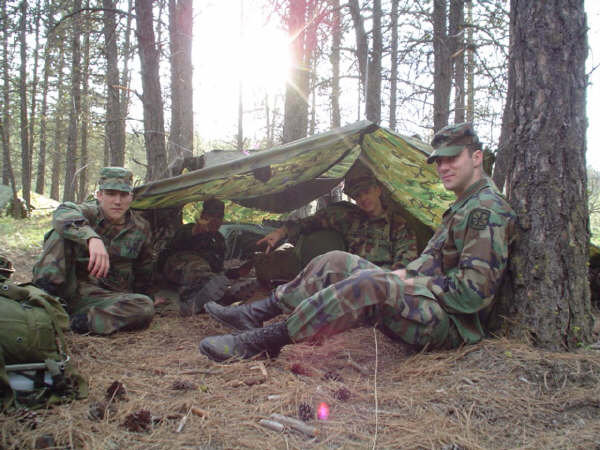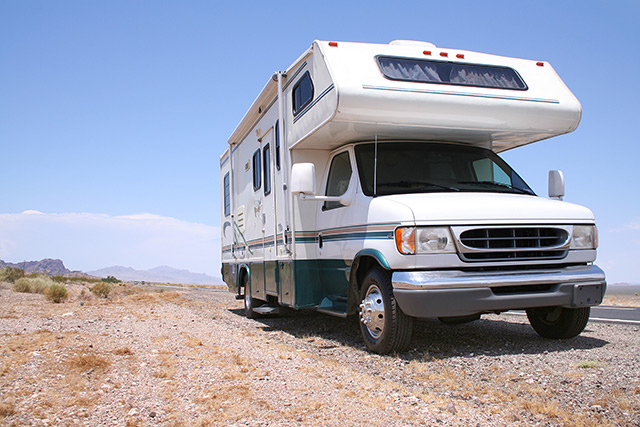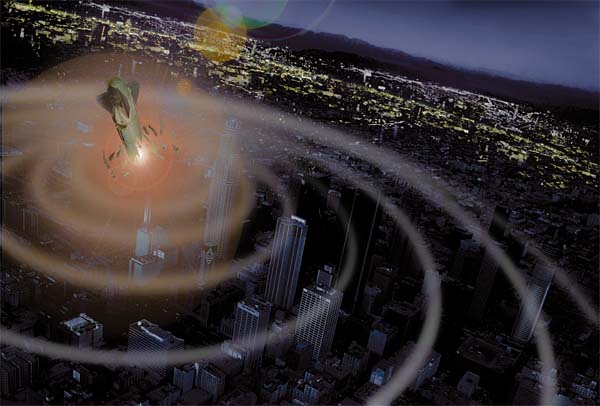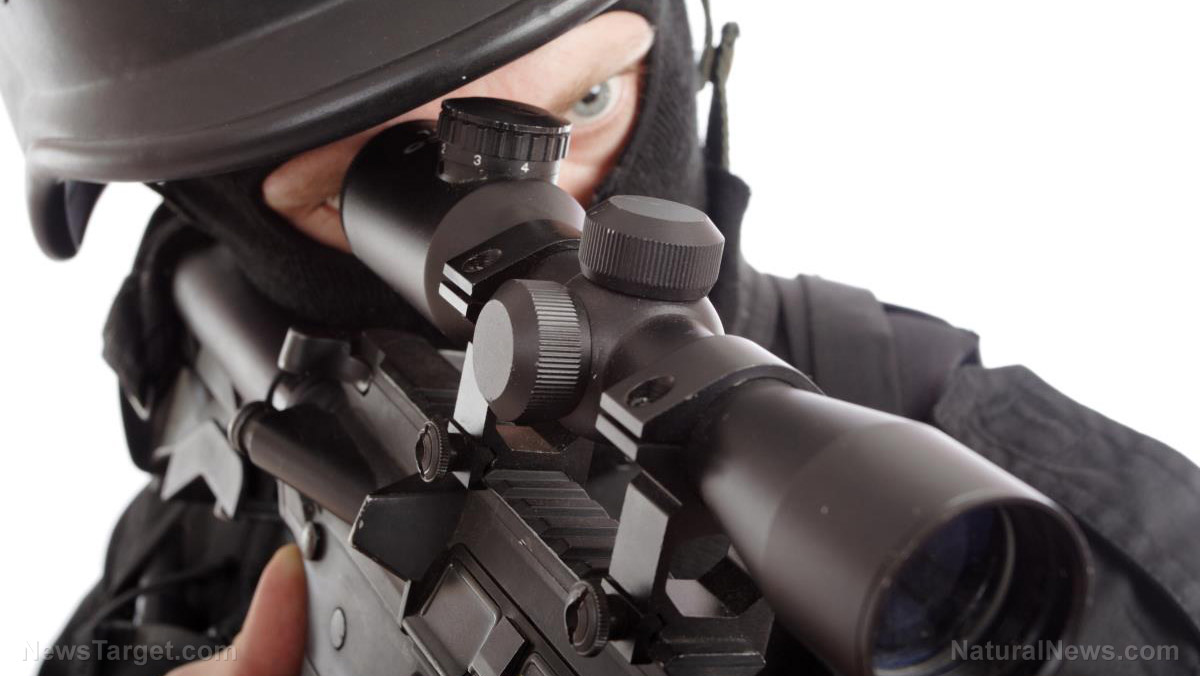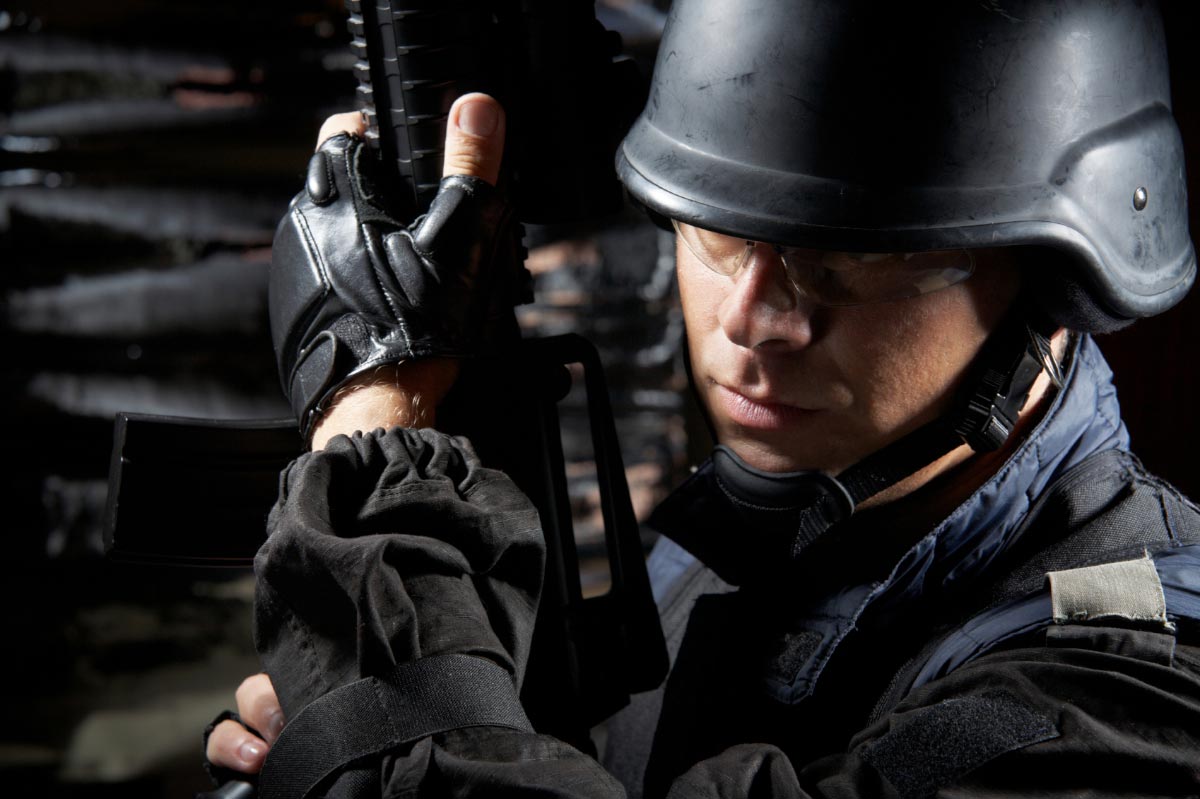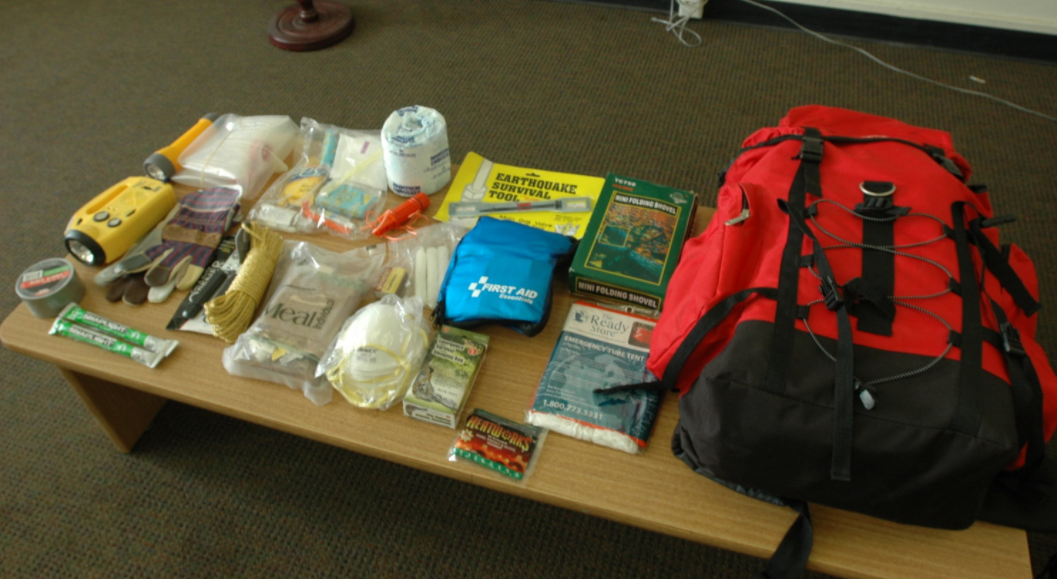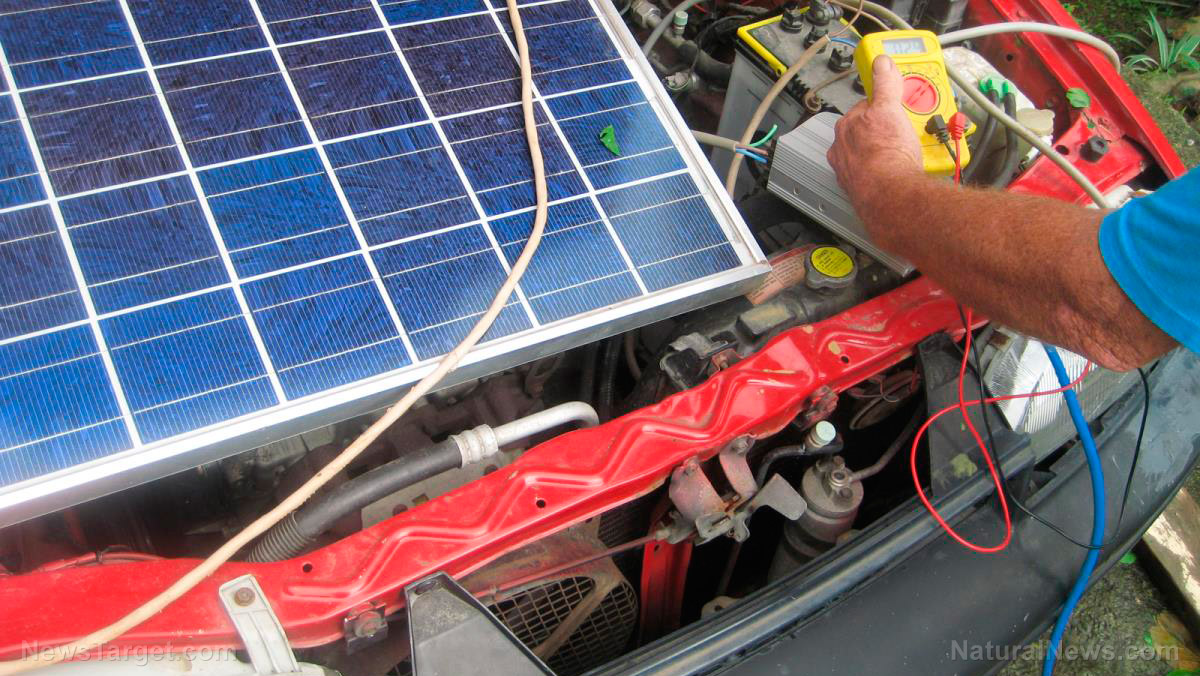Do you know how to build a fire or tie a bowline? Essential survival skills you need to start learning
04/16/2018 / By Jayson Veley

Have you ever learned how to build a fire or tie a bowline? What about how to send an emergency signal or navigate using nothing but the sun? While many people may not think these skills are necessary to learn, the fact of the matter is that in a real-life survival situation, knowing how to do these things could mean the difference between life and death. Here are some basic survival skills that you should know courtesy of Survivopedia.com.
1) Building a fire
There are many survival techniques that you should learn how to do in preparation for SHTF, but building a fire should be your first priority. Not only does fire keep you warm, but it is also important for cooking and for getting clean water. (Related: Get out and practice your survival skills, because you can’t possibly be a good prepper while sitting on the couch.)
2) Sending a signal
If you get severely injured in a SHTF situation, then really the only thing you can do is call for help and hope that someone comes along to rescue you. But if you’re in the middle of nowhere, how can rescuers possibly find you in the first place? There are several different methods for signaling for help, whether it’s making a signal fire and using the smoke to get your rescuers attention or using a mirror to reflect light. As pointed out by The Prepping Guide, other ways to signal for help include the use of flares, signal whistles, flashlights, or even mobile phones.
3) Learning how to tie a bowline
The bowline is considered to be a type of rescue knot that can support a significant amount of weight with relative ease. In addition to the bowline, you should teach yourself how to tie a plethora of different knots for any situation you may find yourself in. (Related: Here are 32 survival skills that you should teach your kids asap.)
4) Daytime navigation
Chances are you won’t have a GPS device in a survival situation. Luckily, you can still find your way around by looking up to the sky and using the sun. As explained by Survivopedia, “If you have an analog clock, place it horizontally and have the hour hand be pointed to the sun. Create an imaginary line between the 12 o’clock and hour hand. That would serve your north-south line. For daylight saving, the line should be drawn between the hour hand and 1 o’clock.”
5) Nighttime navigation
If you teach yourself how to navigate in the wild during the day, you might as well teach yourself how to do it by night as well. Survivopedia.com offered a great explanation of how to do this as well: “If you can spot the Big dipper, create an imaginary line between the stars. Specifically, the line should be drawn from the end of the dipper. Next, extend the line you created from the Big Dipper toward the Little Dipper. The star that you can find here is the Polaris or the North Star. The direction you are facing the Polaris is the true north.”
6) Bartering
When people think of survival skills and techniques, chances are bartering isn’t exactly the first thing that comes to mind. However, bartering is actually an important thing to learn for anyone that is serious about prepping for SHTF because it can prevent you from being taken advantage of when negotiating with other survivalists.
7) Informing others
It’s good to get into the habit of informing others (specifically someone you trust) of important information regarding your itinerary or schedule. This way, he or she can be quickly notified if you aren’t able to follow your plan as you had originally wanted. Once they know this, they can contact the appropriate people to conduct a search and rescue mission. Teaching yourself to inform others of important information on a consistent basis is good practice for a real life SHTF situation.
Sources include:
Tagged Under: bugout, Gear, off grid, off the grid, preparedness, prepping, survival, survival skills, wilderness survival

